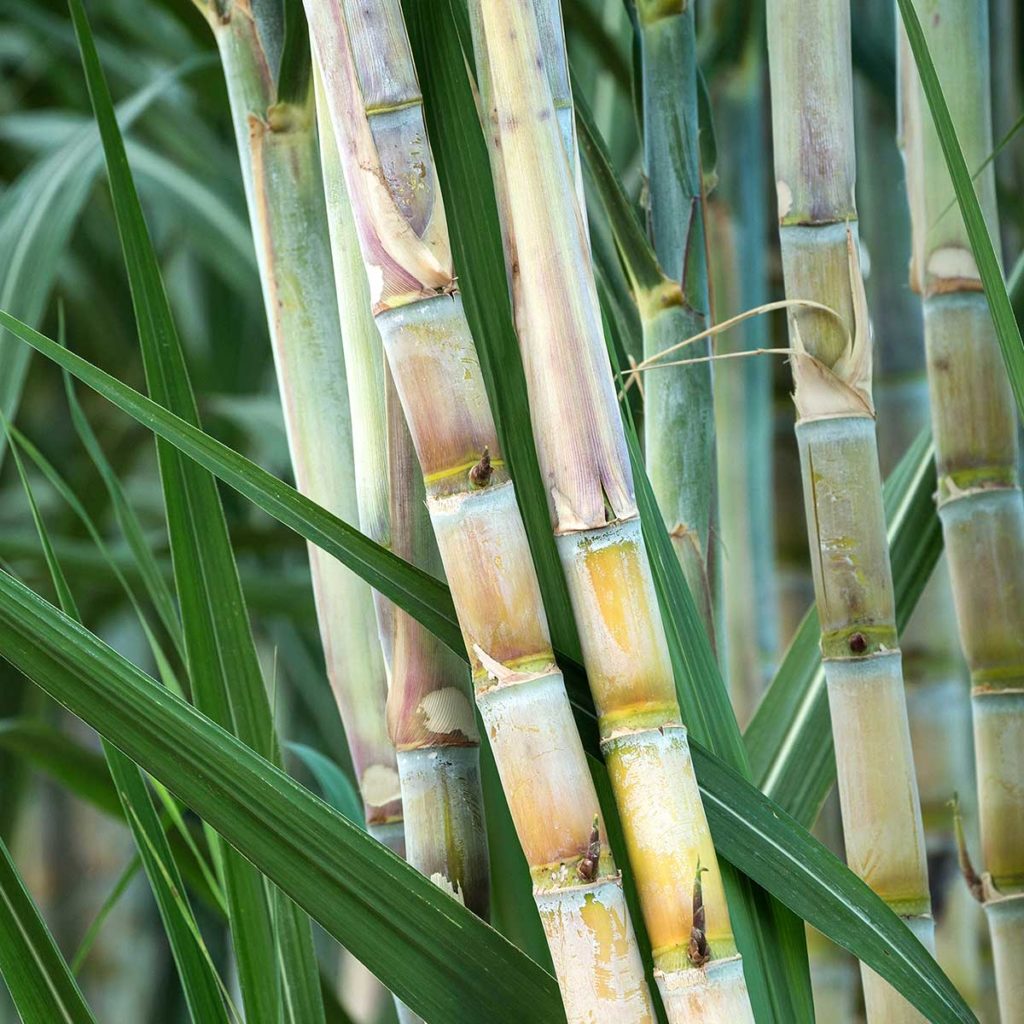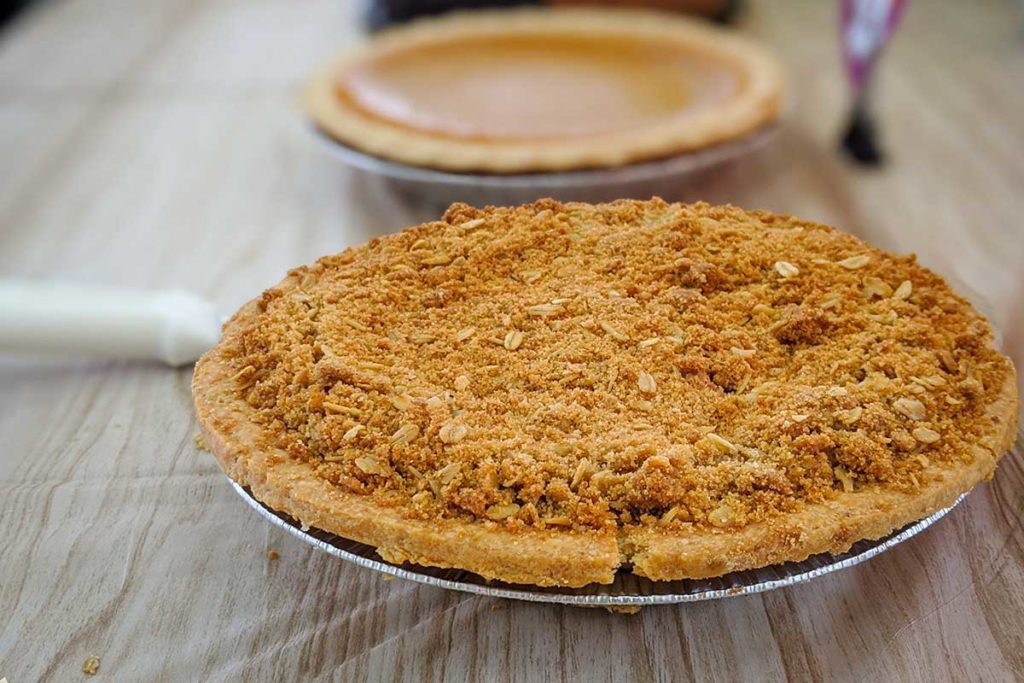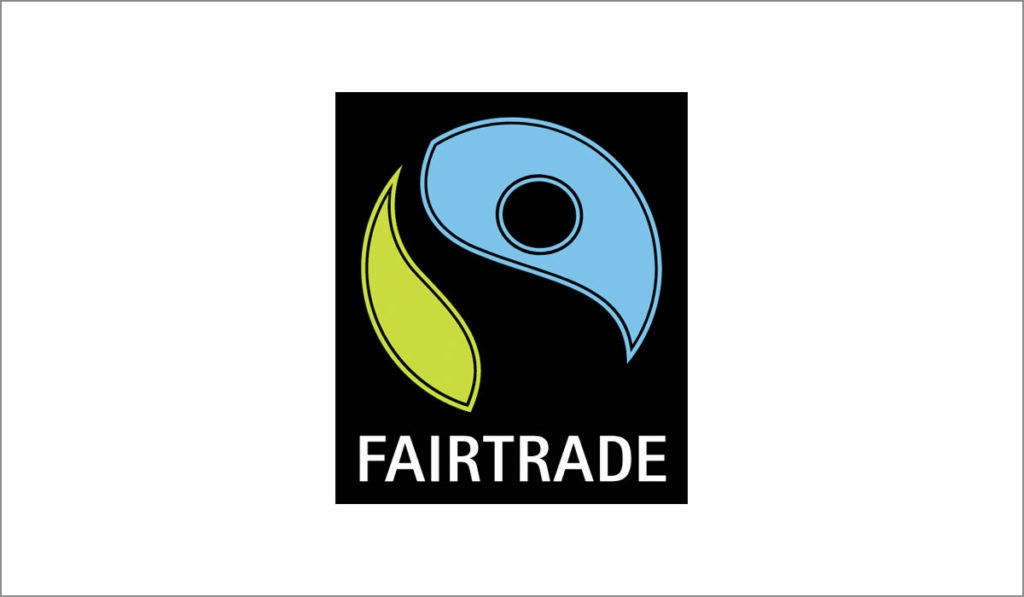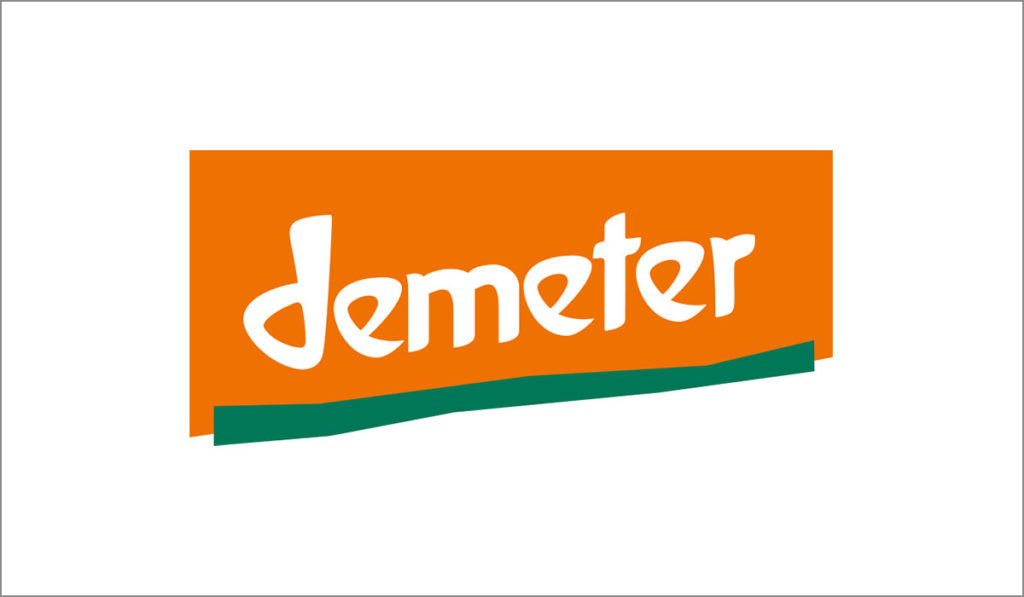Invert sugar
Invert sugar is a sweetener which is made by chemically breaking down sucrose or starch. It is particularly popular as a liquid sugar substitute for the production of drinks.
- Atco
- Products
- Liquid sugar
- Invert sugar
What is invert sugar?

Invert sugar or inverted sugar syrup is a transparent, viscous sweetener. Depending on the production method, some products have a slightly yellow colour. The production of invert sugar is usually based on table sugar made from sugarcane or sugarbeet; other variants use starch from cereals or potatoes. A chemical reaction separates the raw material into its two components: fructose and glucose. Due to its versatility and beneficial properties, invert sugar is a popular sugar substitute in the food industry. Invert sugar is traded on the market under a range of different names, including glucose-fructose syrup, fructose-glucose syrup, isoglucose or high-fructose corn syrup. The term “liquid sugar” can refer to both inverted sugar syrup as well as a non-inverted sucrose solution.
As a renowned Hamburg-based distributor, August Töpfer & Co. is an established specialist in the market for sugar specialities and sugar by-products. Our wholesale range includes inverted sugar syrup for drinks production or as an ingredient for many kinds of confectionery and baked goods. We also offer certified organic inverted sugar syrup for use in products with the organic label. Count on our top quality, low prices and extensive experience. Our team will be happy to answer any questions about the products and their properties.
Production of invert sugar
The most important raw material for the production of our invert sugar is table sugar (sucrose) made from sugarbeet or sugarcane. Alternatively, invert sugar can also be produced using starch – for example from maize, wheat or potatoes.
The first step in the production of invert sugar is to dissolve sucrose in hot water.
A chemical reaction called hydrolysis or cane sugar inversion is initiated by adding acid. This breaks down the molecules contained in the sugar.
The acidic catalyst makes it possible to split the sucrose into the components fructose and glucose. Both components are found in equal measure in table sugar. The ratio found in invert sugar can be controlled in the production process.
Instead of using the acidic catalyst, invert sugar can be made with the help of certain microorganisms. One example is invertase, an enzyme from the honey stomach of bees. This variant is common when producing invert sugar from starch.
The name invert sugar comes from a physical property of the product. Under polarised light, an inverted sugar solution revolves in the opposite direction compared to a non-inverted sucrose solution.
Water is added to liquify the finished invert sugar. The product is then sold on the market as inverted sugar syrup or further processed in the food industry. The products available on the market are not always pure invert sugar. Depending on the application and customer preference, many liquid sugar variants comprise a combination of inverted and non-inverted sugar.
Invert sugar: contents and tolerance
Invert sugar consists almost entirely of carbohydrates. Around 400 kilocalories are contained in 100 grams of our inverted sugar syrup. Products available on the market are made up of variable ratios of fructose and glucose. Typically, invert sugar contains equal amounts of both types of sugar, but the producers can influence the ratio during the production process. Since fructose is sweeter than glucose, the sweetness of invert sugar increases with a higher proportion of fructose. The fructose is also the reason why invert sugar tastes somewhat milder and fruitier than table sugar. The tolerance of invert sugar is also affected by the fructose contained, since an excess of fructose can result in digestion complaints. The producer’s label offers information about the composition: if it says glucose-fructose syrup, the glucose content is higher; with fructose-glucose syrup, the reverse is true.
Effects and advantages of invert sugar
The invert sugar available from August Töpfer & Co. offers numerous advantages when used in the food industry and for drinks production. As a liquid sugar substitute in food, it is ideal for all end products that require a uniform, smooth consistency. Since fructose does not easily crystallise, the use of invert sugar reduces the risk of texture changes. The stable consistency of invert sugar is beneficial in the production of products such as ice cream, caramel confectionery and liqueurs. Inverted sugar syrup does not foam or flocculate; it is odourless and has no distinctive flavour unlike other liquid sugar substitutes. These qualities make it a flavour-neutral alternative to honey as well as maple and agave syrup. Besides its practical uses and safety, the long shelf life of invert sugar is another advantage. With proper storage at room temperature, invert sugar can easily keep for up to one year.

Use of invert sugar
Our inverted sugar syrup is incredibly easy to use and, thanks to its neutral flavour, is ideal for all products that require a liquid sugar substitute. Besides its greater sweetness, the use of invert sugar also provides many end products in the food industry with a stable consistency and long-lasting moisture. Invert sugar is found under various names and designations in a range of industrially manufactured food and drinks.
Invert sugar in food
Inverted sugar syrup is the sweetener of choice for many drinks, sauces, confectionery and baked goods. Thanks to its stability, the inverted sugar syrup available from August Töpfer & Co. is an advantageous and safe alternative to table sugar and other liquid sugar substitutes. In foods such as mousse, yoghurt and sauces, the crystallisation of sucrose can cause problems with the texture that are perceived as signs of lower quality when consumed. The risk of crystallisation is very low with invert sugar, which makes it ideal for use in products that require a smooth consistency. When used as a sweetener in ice cream, inverted sugar syrup also lowers the freezing point and thereby reduces the unintended formation of ice crystals in the product. Many bakeries use invert sugar in bread, cakes and pastries, since it helps achieve an optimal brown colour during baking and results in a uniform crust. Moreover, invert sugar regulates the moisture content of baked goods, supports the flavour and improves the shelf life of the products. Other typical applications for our inverted sugar syrup include marzipan, chocolate fillings, wine gums, caramel and sweets.

Invert sugar for drinks production
Inverted sugar syrup is a commonly used ingredient in the production of cocktails and mixed beverages, since it does not have to dissolve first, unlike table sugar. Inverted sugar syrup is often marketed as a sugar syrup for cocktails due to its suitability for the production of drinks. Its liquid form and stable consistency enable the product to provide an even consistency and sweetness in beverages. These advantages of our inverted sugar syrup are also valued by the food industry. The liquid sweetener is used in products such as soft drinks, fruit syrups, alcoholic mixed drinks and liqueurs. Even after filling the end product, our invert sugar remains stable and ensures the consistently high quality of drinks.
Inverted sugar cream
The production of inverted sugar cream is based on inverted sugar syrup. Also known as artificial honey, this product is a firm or highly viscous form of invert sugar whose appearance and qualities are similar to bees’ honey. Its production involves mixing inverted sugar syrup with starch syrup or glucose to initiate crystallisation. The inverted sugar cream is then coloured, and additional flavourings are often used. Artificial honey was a common spread in the 20th century and is now becoming increasingly popular again as a vegan substitute for honey. Inverted sugar cream is also suitable in confectionery and baked goods as an inexpensive and flavour-neutral alternative to bees’ honey.

Our invert sugar is certified:




Buy low-priced invert sugar online
Order inverted sugar syrup from an experienced wholesaler. At August Töpfer & Co., you can find high-quality goods at low prices. Our business relationships are based on close communication and trusting cooperation with customers and producers. We set high standards on the quality of our product range as well as on our delivery reliability and service offering. We pack most products directly on site at our location in Hamburg and thereby ensure that you always receive your order on time and according to your wishes.
Our team will be happy to answer any questions you may have about our invert sugar. We are also at your service if you have special requirements or need invert sugar with the organic label. If you wish, we will also put together the right products for you based on your documents and specifications. Besides sugar specialities, our range also includes other products such as dried fruits, nuts and malt products. Contact us if you are interested in an individual offer!
